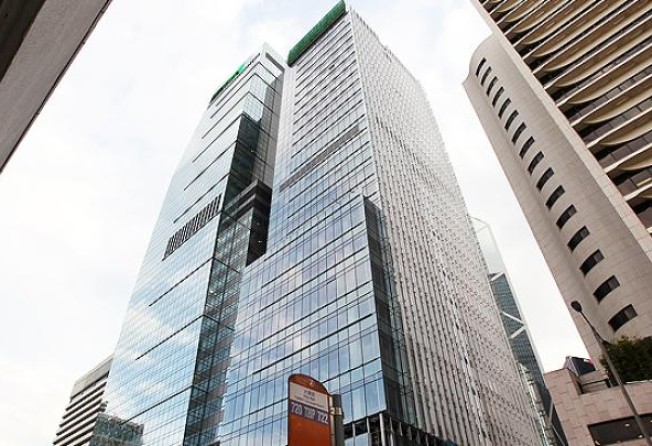Baosteel behind HK$4 billion sell-off of CCB shares

A mainland shareholder sold a large chunk of China Construction Bank on Friday, hoping to raise up to HK$4 billion, according to term sheets seen by the South China Morning Post.
A banker familiar with the transaction told the Post the shareholder was leading steel maker Baosteel.
The shareholder offered 810 million Hong Kong-traded shares of China’s second-largest bank at a price of HK$5.08 per share, the International Financing Review reported on Friday.
The offering price was about a 2 per cent discount to the stock’s closing price yesterday of HK$5.18.
Deutsche Bank and HSBC were joint managers of the CCB sell-down.
Baosteel was not immediately available for comment.
James Antos, a senior analyst at Mizuho Securities, said the shareholder was taking advantage of an unexpected one-day rally to take profits on shares of mainland banks listed in Hong Kong.
The sell was a vote of less than full confidence in the outlook for mainland banks, considering the surge in overdue loans on the mainland in the past quarter, Antos said.
The nine Hong Kong-listed mainland banks’ shares underperformed the market last month and fell an average of 15 per cent in the five months to the end of August.
Bank of America-Merrill Lynch sold 10.4 billion of its 12.5 billion CCB shares for US$6.6 billion in November last year to improve its capital ratios. Of its remaining 2.1 billion shares 2 billion will be under lock-up until next year.
Singaporean sovereign wealth fund Temasek has also repeatedly traded the bank’s shares, often gaining profits from its dealing in the past year.
Temasek declined to comment yesterday.
CCB reported a 14.5 per cent rise in net profit to 106.28 billion yuan (HK$130 billion) in the first half of this year. It is one of the better-performing banks where lending profitability improved and bad loans dropped during the period.
However, the sector’s outlook was dimmed by rising bad debt and thinning net interest margin, which is the spread between funding costs and loan interest, owing to a weakening economy and regulatory changes.
CCB said it was unrealistic to achieve double-digit growth in non-interest income in the current half-year because its ability to charge fees may continue to be affected by regulatory clampdowns.
Overdue credit – loans not yet qualified as bad – rose 43 per cent, as the economy and exports weakened. Stanley Li, an analyst at Mirae Asset Securities, said CCB could suffer lower net interest margins in the second half.